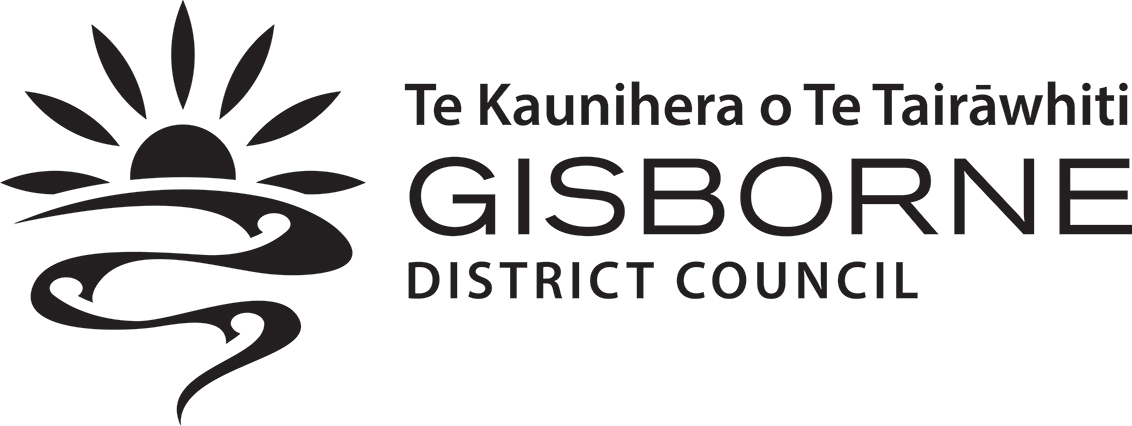There are approximately 3,200 Māori freehold land rating units in Tairāwhiti comprising over 228,000 hectares.
The Local Government (Rating) Act 2002 provides that local authorities can set and assess rates on Māori freehold land.
Rateable Māori land
Rates are payable on Māori freehold land, unless the land comes under one of the exceptions in the rates legislation, or Council decides to remit (not collect) or postpone collection of rates for the land.
A person actually using Māori freehold land is liable for the rates if the land is in a rating unit in multiple ownership that is not vested in a trustee; or a separate rating area.
Where trustees are liable to pay the rates on rateable Māori freehold land (Sec 93 Local Government (Rating) Act 2002) trustees are to declare income received from the land to ascertain rates liability, if requested by the local authority.
Examples of non-rateable Māori freehold land
- Wholly unused Māori Land is non-rateable.
- Nga Whenua Rāhui Kawenta land.
- A Māori burial ground or Urupa.
- Land used for the purpose of a marae.
- A Māori reservation.
The changes are part of the Government’s wider commitment to supporting whānau and regional development through whenua by:
- reducing the barriers for owners of Māori freehold land who want to use, occupy, build houses on and develop their whenua, particularly for those who have rates arrears.
- stimulating regional development – the value of fully utilising and developing Māori land could result in benefits of up to $1.4 to $2 billion over 40 years.
- providing greater consistency, equity and clarity around the rating of Māori land for the benefit of Māori landowners and local authorities.
Key changes
- Provide local authorities with the power to remove rates arrears if the chief executive is satisfied that the rates are uncollectable.
- Make most unused land non-rateable.
- Provide a statutory rates remission process for Māori freehold land under development.
- Allow multiple Māori freehold land blocks from a parent block to be treated as one for rating purposes.
- Create separate rating areas thus enable individual houses on Māori land to be rated as if they were a rating unit. This will enable low-income homeowners on blocks with more than one home to access rates rebates.
- Provide protection to Māori land made general land by the Māori Affairs Amendment Act 1967 from being leased or sold as “abandoned land sales”.
- Extend the non-ratability for marae to all land, not only those on a Māori reservation.
- Clarify the obligations on trustees to declare income received from land if requested to ascertain rates liability.
- Clarify that homes on Māori reservations are liable for rates.
- Reference the principles of Te Ture Whenua Māori Act 1993 in local government rating legislation to signal the intent of the changes.
Changes to the rating of Māori land before and after the Local Government (Rating of Whenua Māori) Amendment Act
We're here to help
The key changes to the legislation support the use and development of Māori freehold land.
If you have multiple dwellings on your whenua Māori such as papakāinga we can create separate rating areas so each dwelling receives their own rating invoice. Separate rating areas allows each occupant to apply for a rates rebate, if they meet the criteria. Apply on the Māori Freehold Land form below.
Rate remissions and postponement policies
We have remission policies that are specifically for Māori freehold land. See our policies and forms
If you have or are proposing Māori freehold land for development. Apply for a rate remission
If you want the rate arrears on your land to be considered for write off. Apply on the Postponement of Rates application form
If you're using multiple Māori freehold land blocks from a parent block together, you can apply for them to be treated as one for rating purposes.
Application forms
No results found for ""
